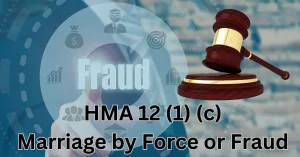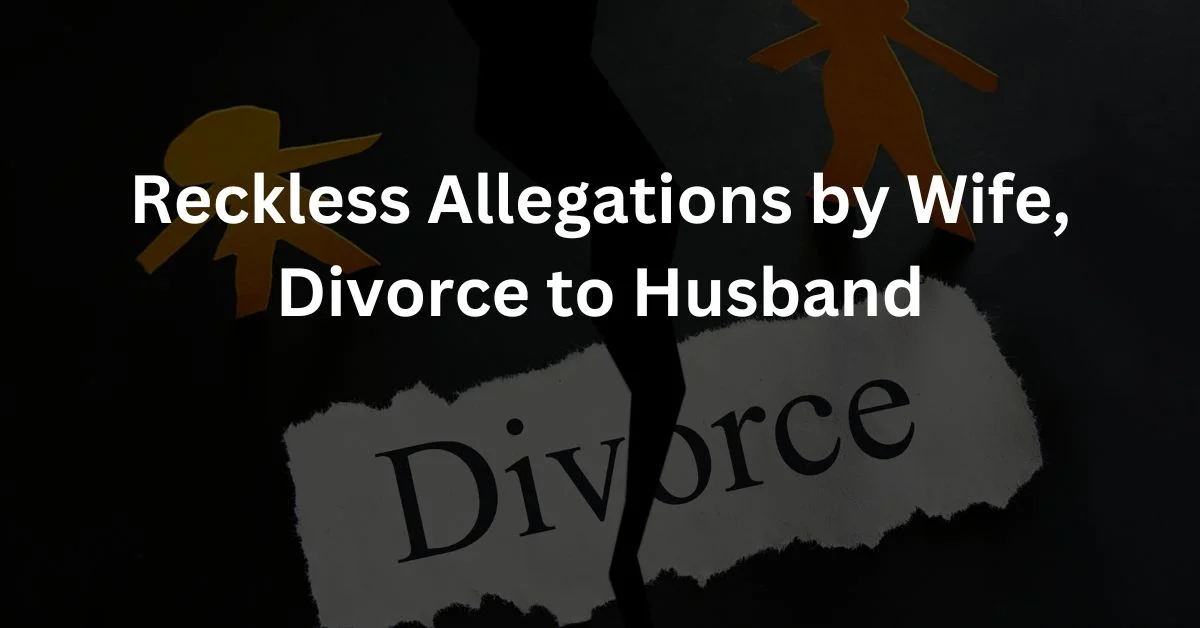Background of the Case
The case involved a petition for annulment of marriage filed by Ms. Ashi Kumar (the petitioner) against Mr. Assem Aggarwal (the appellant). The petitioner, a permanent resident of Ghaziabad, had married the appellant, a resident of New Zealand, on October 4, 2009. However, the marriage soured quickly due to allegations of dowry demands and unfulfilled promises.
The petitioner claimed that the appellant had begun demanding a substantial dowry even before the wedding. After the marriage, he allegedly demanded Rs. 40 lakhs and a BMW car. The petitioner contended that the appellant’s family had assured her that no dowry would be demanded, and she would accompany the appellant to New Zealand after the wedding. Yet, the appellant left for New Zealand without completing her visa formalities, leaving her stranded in India.
Key Issues
The central issue before the court was whether the marriage should be annulled under Section 12(1)(c) of the Hindu Marriage Act, which allows annulment if the consent of the petitioner was obtained by force or fraud as to the nature of the ceremony or any material fact concerning the respondent.
Image of a man pointing towards the word ‘Fraud’. Image overlay is of a judge hammer. Text overlay says ” HMA 12 (1) (c) Marriage by Force or Fraud”
Judgment and Analysis
The High Court, in its judgment, meticulously analyzed the petitioner’s claims and the legal provisions. The court observed that the term “fraud” in Section 12(1)(c) of the Act should not be construed broadly and must involve deception about a material fact related to the marriage.
The court noted that the alleged fraud must pertain to the nature of the ceremony or a material fact concerning the respondent. In this case, the petitioner failed to establish that the alleged acts of fraud met this criterion. The court emphasized that not every misrepresentation or concealment could be termed as fraudulent in the context of the Act.
Additionally, the court considered the issue of limitation, as stipulated in Section 12(2)(a) of the Act. It ruled that the petitioner had filed the annulment petition beyond the one-year time limit from the cessation of force or the discovery of fraud.
Implications
This judgment underscores the importance of a clear cause of action in cases seeking annulment of marriage under Section 12(1)(c) of the Hindu Marriage Act. It clarifies that allegations of fraud must be specific and relate to material facts surrounding the marriage. The court’s strict interpretation of the law may have implications for future cases involving similar issues.
The judgment also highlights the need for timely filing of petitions, particularly concerning limitations specified in the Act. Parties seeking annulment of marriage must be vigilant about adhering to the statutory time limits.
In conclusion, the Delhi High Court’s decision in the MAT. APP. (F.C.) 113/2022 case provides important guidance on the interpretation of Section 12(1)(c) of the Hindu Marriage Act and underscores the court’s commitment to efficient and principled adjudication in family law matters.



